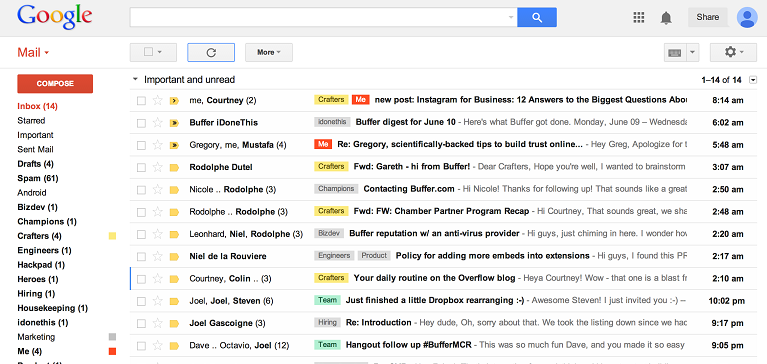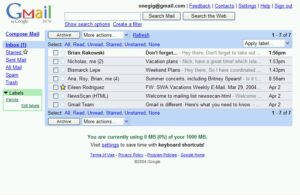I love e-mail. I think of it as I think of Google: I’d be lost without it. Indeed, with the exception of family and close friends and personal situations, I prefer communicating via my inbox.
I enjoy the challenge of converting my thoughts into words, of committing something to paper. I appreciate the chance to think before responding. And, above all, I embrace the opportunity to stay organized and keep everyone accountable. Here are two examples of the latter:
1. A Paper Trail
After a great deal of time had been spent on a project, a contractor and I came to a crossroad. He insisted on something he claimed we had discussed in person, yet was nowhere in our contract, the project management software we used, or any of the e-mails we had exchanged. It was a classic he said-she said. By contrast, had this something been mentioned in an email, a resolution would have been far easier.
2. Reference Material
My bond broker, like most Wall Streeters, prefers the phone to e-mail. Yet after a conversation with him, even if I take notes, I’m usually a little confused. By contrast, when I e-mail him a question and he responds the same way, I have time to contemplate his answer and can reference it when (as often happens) the same question re-arises.
Of course, e-mail has shortcomings. For example:
1. E-mail makes it easy for people to sidestep issues they’d prefer to avoid.
2. Some people can’t write.
3. Even good writers can be lazy, which results in messages that are ambiguous and thus require follow-up.
In my next post, I’ll outline a few tips to remedy these shortcomings.




